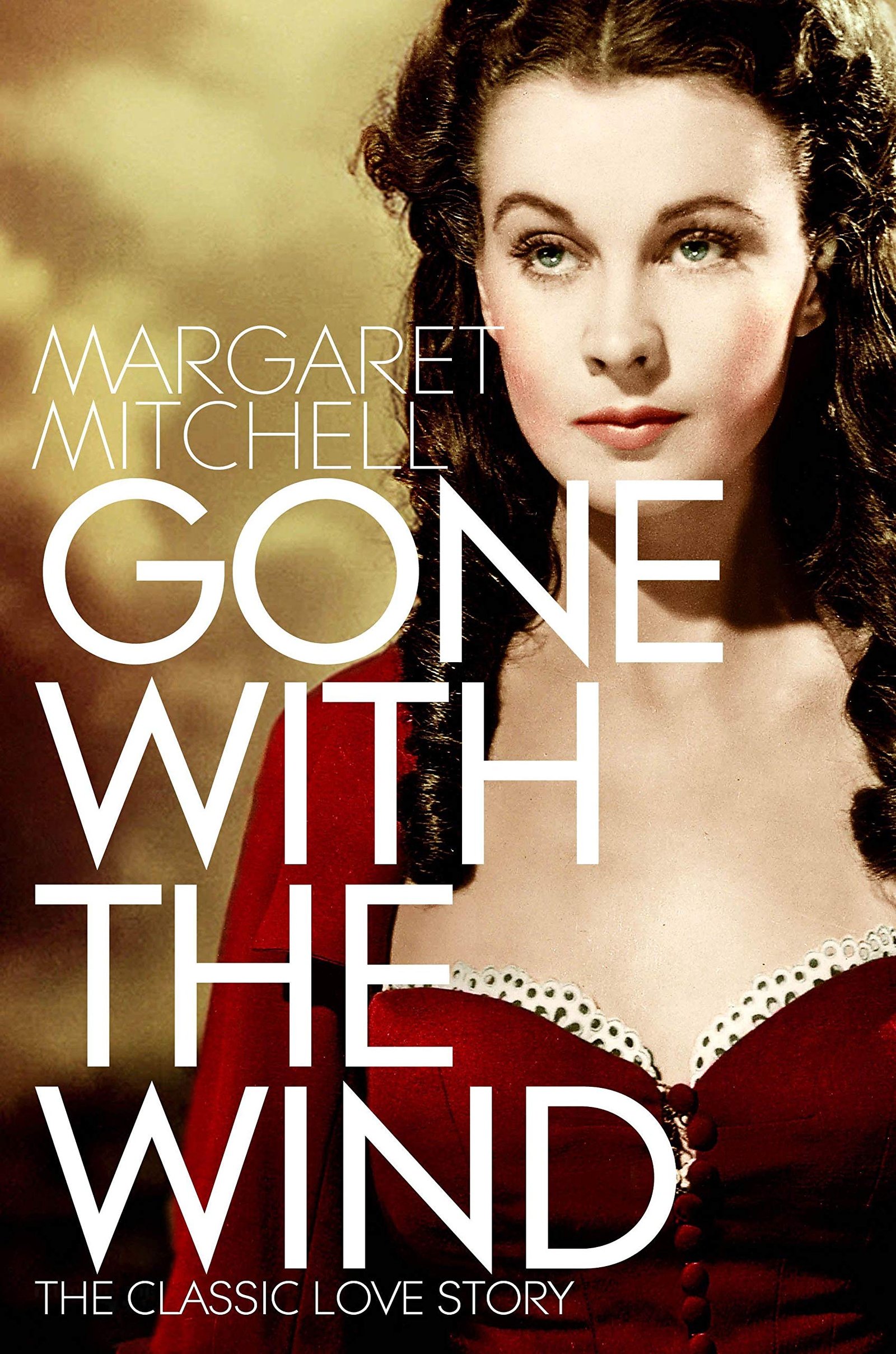Gone with the Wind, written by Margaret Mitchell and published in 1936, is a captivating historical novel set in Clayton County, Georgia, and Atlanta during the American Civil War and Reconstruction era. It follows the journey of Scarlett O’Hara, the strong-willed daughter of a wealthy plantation owner, as she navigates the challenges of war, poverty, and personal growth. The title, inspired by a poem written by Ernest Dowson, has become synonymous with epic romance and unforgettable characters.
The Unforgettable Scarlett O’Hara
At the heart of this novel lies Scarlett O’Hara, a protagonist who polarizes readers with her spoiled, selfish, and manipulative nature. Mitchell’s daring choice to center the story around a character without any apparent redeeming qualities is both audacious and brilliant. Scarlett’s relentless pursuit of her desires, even at the expense of others, adds depth to the narrative, making her a character readers love to hate.
A Bildungsroman Amidst the Chaos
The plot unfolds against the backdrop of the American Civil War and its aftermath, providing a rich historical context. Gone with the Wind is also a classic example of a Bildungsroman, a coming-of-age story that follows the growth and development of its protagonist. Scarlett’s evolution from a carefree, privileged belle of the South to a determined survivor, facing the harsh realities of life, is an engrossing journey.
The Timeless Romance of Rhett and Scarlett
One of the novel’s most enduring aspects is the romance between Scarlett O’Hara and Rhett Butler. The tempestuous and passionate relationship between the two captivates readers, as they witness the ups and downs of their love story. Rhett’s iconic line, “Frankly my dear, I don’t give a damn,” has become one of the most recognized lines in cinema history, leaving an indelible mark on pop culture.
A Controversial Portrayal of Slavery and Reconstruction
While the novel has earned acclaim for its literary merit, it has not been without controversy. Critics argue that the book’s portrayal of slavery and African Americans perpetuates racial stereotypes and romanticizes the antebellum South. Some readers find the characterizations of African American characters problematic, while others appreciate Mitchell’s attempt to portray the complexities of the time.
The Impact of the Novel on American Literature
Gone with the Wind has had a profound impact on American literature and popular culture. Its sweeping narrative, memorable characters, and exploration of love, loss, and resilience have made it a timeless classic. The book’s success led to a highly acclaimed film adaptation in 1939, which further solidified its place in cinematic history.
Reader Reviews: A Wide Spectrum of Opinions
The novel’s diverse range of reader reviews reflects its complexity and the varying interpretations of its characters and themes. Some praise the book for its engrossing storytelling, emotionally absorbing narrative, and compelling character arcs. They find Scarlett O’Hara to be a fascinating and flawed protagonist, making the story all the more intriguing.
On the other hand, certain readers express reservations about the novel’s portrayal of race and its romanticization of the pre-Civil War South. They argue that the book perpetuates harmful stereotypes and fails to fully address the horrors of slavery and its lasting impact on African Americans.
The Enduring Allure of Gone with the Wind
Despite its controversies, Gone with the Wind remains a beloved and significant work of literature. The novel’s exploration of human resilience, the complexities of love, and the impact of war continue to resonate with readers of all generations. Its ability to elicit strong emotions, from shock and sadness to admiration and inspiration, is a testament to Margaret Mitchell’s storytelling prowess.
Conclusion
Gone with the Wind stands as a timeless epic that has left an indelible mark on literature and popular culture. Margaret Mitchell’s daring portrayal of Scarlett O’Hara and her journey through the tumultuous Civil War and Reconstruction era has captivated readers for generations. While the novel has faced criticism for its treatment of race and history, its enduring allure lies in its ability to evoke powerful emotions and provoke thought and discussion. Whether one admires the novel for its storytelling prowess or critiques it for its portrayal of race, there is no denying that Gone with the Wind remains an unforgettable piece of American literature.

